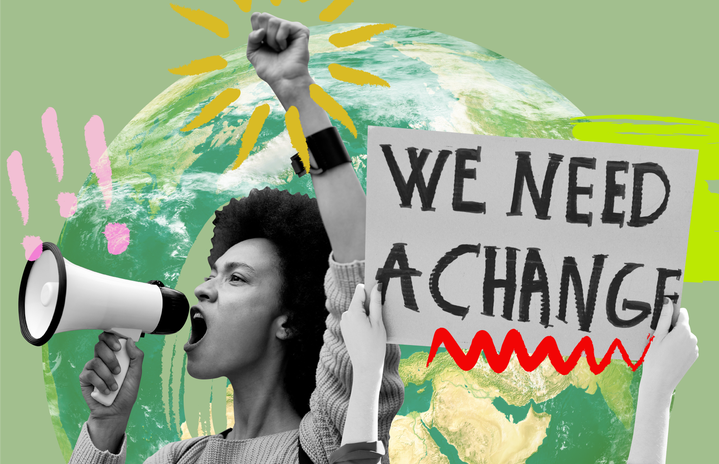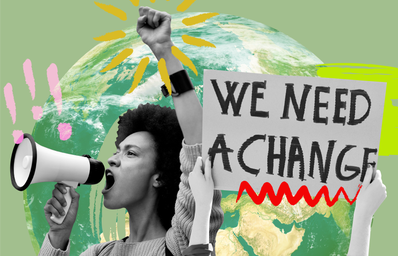Sustainability is seldom discussed in Ecuadorian politics and society. This is unsurprising, and to some level, understandable. The country is enduring severe problems which threaten the quality of life of its citizens such as the steady rise in crime. It often feels as if we are living in a lawless land. Therefore, it is relatively comprehensible that environmentalism has been relegated to the background of people’s consciousness as well as politicians’ agendas. This trend was observed during the last presidential elections as most candidates ran on a platform exclusively regarding the rise in crime in the country with little to no room for anything else.
I understand this shift in focus. However, it is equally important to never forget about the environmental consequences of all actions and decisions. Climate change is often forgotten about because although it is very much real, it is not something that we can visualize as one big event. Rather, we can only look at the data and experience what feels like isolated events. Even though Ecuador is one of the countries that contributes the least to Global Greenhouse Emissions, producing just 0.11% of global CO2 emissions according to Our World in Data, it will experience the extreme consequences this phenomenon is bringing and will continue to create. For example, according to the Intergovernmental Panel on Climate Change, it is expected that oceans will acidify further, with the average pH dropping from 0.14 to 0.35 which would result in a loss of biodiversity. This would also be a detriment to the economy as the Galapagos rely on their tourism industry which consists of its flora and fauna and aquaculture is a major financial sector.
For reasons like this, it is crucial that we do not forget about the environment and the looming crisis that is climate change. All aspects of life are interrelated. Therefore, it is important to consider how other areas of life impact the environment and vice-versa. One recent event in the country that will undoubtedly have catastrophic environmental consequences is the newly imposed electricity outages. According to the Associated Press, these shortages are a result of insufficient production of energy coupled with the low water levels in rivers — as per the Ministry of Energy and Mining, in 2020, 92% of Ecuador’s electricity was hydroelectric. Water is a limited renewable resource because although it will regenerate, it takes time. Low water levels in rivers are a problem right now and there is no guarantee that this will be avoidable in the future. Because of climate change, weather patterns are becoming increasingly unpredictable, and this issue could persist for an indefinite period because the country’s energy comes from natural sources.
To mitigate the effects of this lack of electricity, the government has been purchasing energy from Colombia, a country with more polluting energy generation methods. According to Enel, an electricity company in the country, 31.5% of Colombia’s electricity comes from fuel oil, carbon, and natural gas. On the contrary, Ecuador’s electricity is obtained from more environmentally friendly sources. Now, however, the country is financially contributing to these polluting methods. Additionally, these power shortages will increase the use of generators which are also damaging for the environment. Generators can use different forms of fuel, such as natural gas, propane, and gasoline. It is one thing to use generators on a random day when the power goes out as a last resort, but to use them regularly for periods of three to four hours every day by multiple establishments and homes is certainly going to have negative environmental impacts.
Of course, this does not mean that generators should not be used or that the government should not purchase energy from other countries. We live in a society where electricity is needed for most daily functions. Hospitals need to be able to carry out their activities, which requires reliance on electricity, and having air conditioning in a city that is always extremely hot like Guayaquil is convenient. Electricity is important to keep food fresh and medicines that need to be stored in refrigerators viable. Let us also not forget that with global warming, the already hot temperatures will keep rising.
I simply think it is important to consider the environmental impacts of this situation and others because although they may not be felt immediately, they will accumulate and influence the way we lead our lives for the foreseeable future. The government must find a solution to this problem that has not occurred in the country for more than ten years. If the country is going to produce electricity from renewable sources, it must then take care of these. This problem did not arise unannounced; it is the consequence of poor management, pollution and most importantly, indifference.


